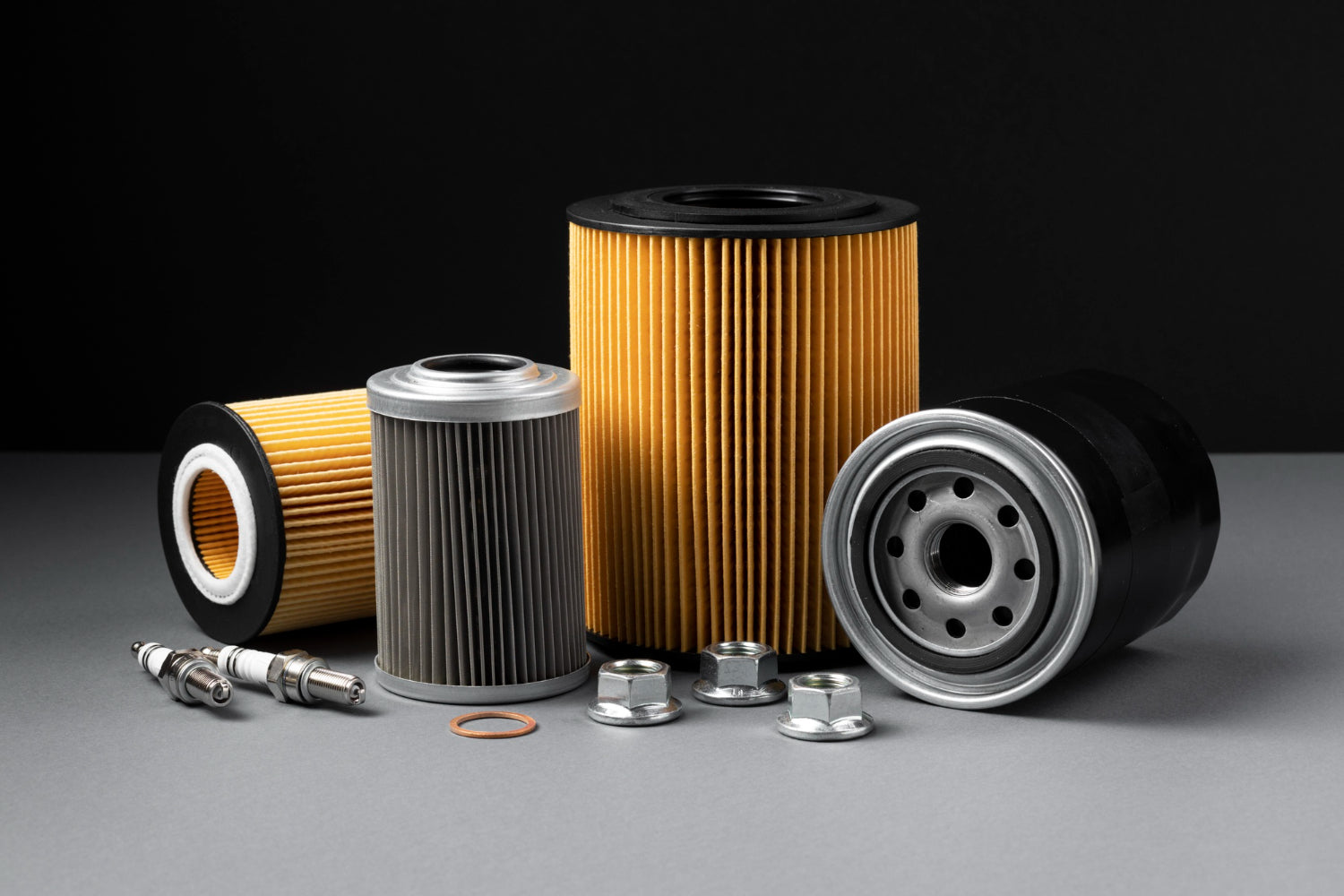
Solutions for Common Hydraulic Filter Problems
Hydraulic systems do a lot of heavy lifting in industrial equipment. Whether it's powering a press or keeping machines running smoothly, they rely on steady, contaminant-free fluid flow to perform well. That’s why taking good care of your hydraulic filters is so important. These filters are the first line of defense against dirt, debris, and moisture that can build up inside the system. When they’re working properly, you probably won’t even think twice about them. But when something goes wrong, it doesn’t take long to notice.
Hydraulic filter problems can cause slow performance, overheating, and even total failure if ignored too long. And fixing those issues can get expensive fast. The good news is most of the common filter problems are preventable if you know what to look for and what to do next. Getting ahead of the warning signs helps your system work better and last longer.
Identifying Common Hydraulic Filter Problems
Spotting an issue early can make a huge difference when it comes to hydraulic filter health. The sooner a problem is caught, the faster it can be fixed, which means less risk of bigger damage down the line. Here are some signs your hydraulic filter might be in trouble:
- Sluggish equipment response or movement
- Higher-than-usual operating temperatures
- Strange noises or vibrations
- Drops in pressure or inconsistent system flow
- Warning lights on system monitors (if installed)
- Visible leaks around the filter area
For example, a machine that starts to feel laggy or slow halfway through the workday could be trying to operate against built-up pressure caused by a clogged filter. Instead of pushing through, stopping to check the condition of the filter might reveal a quick fix and keep things from getting worse.
Ignoring these early red flags leads to more wear on pumps, valves, and seals. Once debris creeps past a damaged or blocked filter, it travels through the rest of the system, grinding against moving parts and raising the chances of full system failure. Over time, this adds stress on hydraulic fluids too, which lose their ability to lubricate and protect.
Staying alert to changes in performance will help cut down both repair costs and wasted time. Even small symptoms shouldn’t be brushed off. They’re often the first clue that something isn’t right.
Causes Of Hydraulic Filter Issues
Most hydraulic filter problems can be traced back to a few common sources. These issues tend to show up over time, but they can cause damage fast if they're not addressed. Here are some of the top causes to keep on your radar:
1. Contamination and dirty oil
Hydraulic fluid attracts small particles like dust, metal shavings, moisture, or sludge during operation. If these things aren't caught by the filter or if the filter is already full, they circulate through the system, causing damage and lowering performance. Using old or bad fluid makes the problem worse.
2. Wear from regular use
Filters are built to catch debris, so naturally they fill up as they work. But if they aren’t replaced or cleaned on schedule, they stop filtering efficiently. This puts stress on the entire system and can force pumps to work harder than they should.
3. Improper installation or wrong fit
Using the wrong size or type of filter can cause more harm than good. It might not catch what it’s supposed to, leave gaps for particles to pass, or even collapse under pressure. Installation mistakes like poor sealing or placing the filter in the wrong direction can lead to leaks or blockages.
These causes pop up in all kinds of equipment, from smaller shop setups to heavy-duty machines. The key to reducing risk is keeping filters clean, matched properly, and installed with care. When maintenance isn’t consistent, it doesn’t take long for trouble to catch up.
How to Address Common Hydraulic Filter Problems
Addressing hydraulic filter problems on time can prevent small issues from turning into costly repairs. Regular maintenance plays a big role in keeping filters working well. Here are some steps to ensure you're on the right track:
- Set up a routine schedule for checking and replacing filters. This keeps them from getting clogged and ensures they capture debris effectively.
- Use high-quality filters designed for your specific hydraulic system. Cheaper or wrong-size filters may not work as expected and could lead to more maintenance headaches.
- Conduct regular inspections. Look for signs of leaks, unusual noises, or changes in performance. Trust what you see and hear.
If you notice a problem but can't pinpoint the cause, or if the issue seems complex, it's best to reach out to a professional hydraulic filter company. They have the experience to diagnose and address the problem before it escalates.
Key Takeaways for Reliable Hydraulic System Performance
Keeping your hydraulic system in peak condition requires careful attention. Here’s a quick recap on the steps that can make a difference:
1. Be proactive about maintenance with regular checks.
2. Always choose the right filters for your equipment.
3. Don’t hesitate to call in the pros if something seems too complex.
When you manage these tasks well, your system will reward you with smoother operation and better reliability.
Ensuring Optimal Hydraulic System Health with Compressor Filter Hub
Having a dependable hydraulic system is about more than just solving problems as they come up. It involves committing to regular preventive maintenance, including timely filter changes and checks. This not only saves money in the long run but also keeps the whole system running efficiently without unexpected hiccups.
Reaching out to specialists can provide an added layer of assurance. They bring experience and guidance tailored to your specific needs, helping to avoid potential pitfalls. By staying alert and considering expert advice, you can enjoy the benefits of a well-maintained hydraulic system for years to come.
For industrial maintenance professionals looking to keep operations smooth, staying ahead of filter issues is key. Don’t let small warning signs lead to bigger breakdowns. Partnering with a trusted hydraulic filter company ensures access to reliable products and expert support. Count on Compressor Filter Hub to help protect your system with the right parts at the right time.
